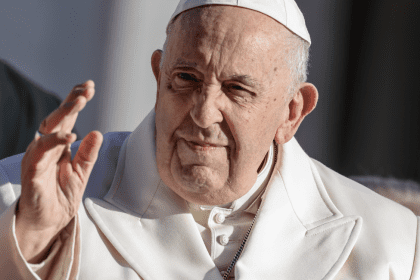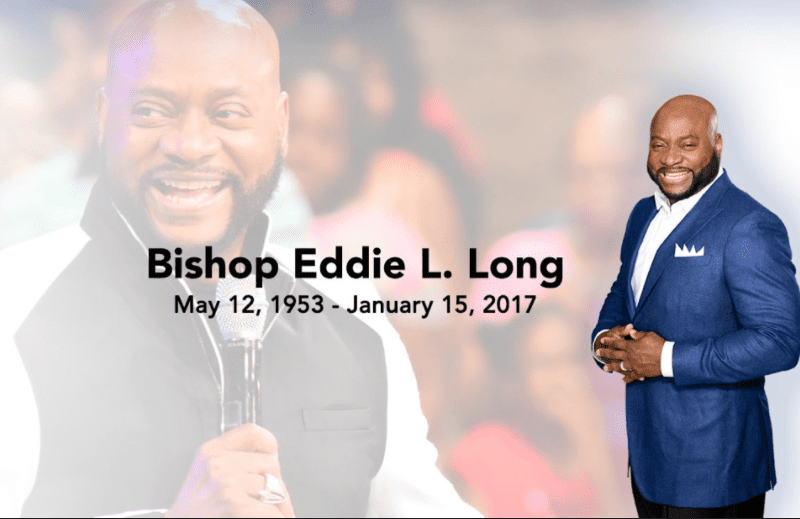Jimmy Swaggart, the once-mighty televangelist whose emotional preaching style captivated millions of viewers worldwide before his ministry was forever changed by scandal, has died at age 90. The controversial religious figure passed away after suffering a cardiac arrest at his Louisiana home on June 15, with his death announced on his ministry’s Facebook page two weeks later.
Swaggart’s death marks the end of an era in American televangelism, closing the final chapter on one of the most recognizable and polarizing figures in modern religious broadcasting. His life story encompasses both the incredible heights of religious influence and the devastating lows of public disgrace, making him a complex figure whose impact on American Christianity cannot be easily categorized.
For decades, Swaggart commanded one of the largest television audiences in religious programming, reaching millions of households across the United States and internationally. His passionate delivery and emotional appeals made him a household name, but his legacy became forever intertwined with the scandals that ultimately diminished his influence and changed the landscape of televangelism.
Rise to religious prominence and television fame
Jimmy Swaggart built his ministry from humble beginnings into a religious empire that reached across the globe through television, radio, and print media. His Family Worship Center in Baton Rouge, Louisiana, became the headquarters for a multimedia religious operation that generated millions of dollars in donations and attracted devoted followers from around the world.
The Pentecostal preacher’s distinctive style combined traditional Southern Baptist fervor with contemporary media savvy, creating a unique approach that resonated with audiences seeking both spiritual guidance and emotional connection. His television programs featured a mix of passionate sermons, gospel music, and personal testimonies that appealed to viewers across denominational lines.
Swaggart’s influence extended far beyond his television audience, as he became a prominent voice in American evangelical circles and a major figure in the broader Christian community. His ministry published books, recorded albums, and operated educational institutions, creating a comprehensive religious organization that touched virtually every aspect of his followers’ lives.
The 1988 scandal that changed everything
The trajectory of Swaggart’s career changed dramatically in 1988, when he became embroiled in a prostitution scandal that shocked his followers and the broader religious community. The controversy began when Swaggart publicly accused fellow preacher Marvin Gorman of infidelity, a accusation that would ultimately lead to his own downfall.
In retaliation for Swaggart’s accusations, Gorman hired a private investigator to follow the televangelist, resulting in photographic evidence that allegedly showed Swaggart with a prostitute in New Orleans. The revelation created a national sensation and became one of the most widely reported religious scandals of the decade.
The scandal forced Swaggart to confront his actions publicly, leading to one of the most memorable moments in televangelism history. During a tearful sermon broadcast to millions of viewers, he delivered an emotional apology that became emblematic of both his personal struggles and the broader challenges facing the televangelist movement.
Tearful apology becomes television moment
Swaggart’s public confession became one of the most watched religious broadcasts in television history, as viewers tuned in to witness the fallen preacher’s emotional plea for forgiveness. His tearful delivery and raw emotion created a moment that transcended religious programming and became part of American cultural history.
The apology sermon demonstrated both Swaggart’s ability to connect with audiences on an emotional level and the power of television to broadcast personal moments to millions of viewers simultaneously. His vulnerable admission of wrongdoing and request for forgiveness resonated with many followers who appreciated his willingness to acknowledge his failures publicly.
However, the confession also marked the beginning of a long decline in Swaggart’s influence and reach, as many supporters felt betrayed by his actions and turned away from his ministry. The scandal fundamentally changed how many Americans viewed televangelists and contributed to increased skepticism about religious media personalities.
Continued ministry despite reduced influence
Despite the devastating impact of the 1988 scandal, Swaggart continued preaching and maintaining his ministry for decades, though with a significantly reduced audience and influence. His determination to continue his religious work demonstrated both his commitment to his calling and his resilience in the face of public disgrace.
The Family Worship Center remained operational throughout the post-scandal years, continuing to serve local congregants and maintain television programming, though on a much smaller scale than during Swaggart’s peak years. His persistence in continuing his ministry despite diminished circumstances showed his dedication to his religious mission.
Swaggart’s later years were marked by efforts to rebuild his reputation and ministry, though he never regained the massive audience and influence he had enjoyed before the scandal. His continued preaching served as both a testament to his faith and a reminder of how quickly public figures can fall from grace.
Impact on American televangelism
Swaggart’s rise and fall had profound implications for the broader televangelism movement, contributing to increased scrutiny of religious media personalities and their financial practices. His scandal, along with others involving prominent televangelists during the same period, led to calls for greater accountability and transparency in religious broadcasting.
The controversy surrounding Swaggart helped fuel public skepticism about televangelists and their motivations, leading many viewers to question the authenticity of religious media personalities. This skepticism had lasting effects on how religious programming was perceived and consumed by American audiences.
His story became a cautionary tale about the dangers of fame and the importance of personal integrity in religious leadership, influencing how subsequent generations of religious broadcasters approached their public ministries and personal conduct.
Personal life and family legacy
Throughout his public career, Swaggart’s personal life remained closely intertwined with his ministry, as family members played important roles in the organization and continuation of his religious work. His wife and children were integral parts of the ministry operation, helping to maintain the organization through both its peak years and its more challenging periods.
The Swaggart family’s involvement in the ministry demonstrated the deeply personal nature of his religious calling and the extent to which his faith shaped every aspect of his life. Their continued support throughout the scandal and its aftermath showed the strength of family bonds in the face of public controversy.
His family’s commitment to continuing the ministry work helped ensure that Swaggart’s religious legacy would extend beyond his own lifetime, providing continuity for the congregation and supporters who remained faithful to his teachings despite the controversies.
Final years and lasting influence
In his final years, Swaggart continued to preach and maintain his ministry, though with a much lower public profile than during his peak years of influence. His persistence in continuing his religious work demonstrated his unwavering commitment to his calling and his belief in the importance of his message.
The televangelist’s later years were marked by efforts to focus on his religious teachings rather than the scandals that had defined much of his public perception. His continued preaching served as evidence of his dedication to his faith and his desire to contribute positively to the religious community.
Swaggart’s death closes a significant chapter in American religious broadcasting history, marking the end of an era when televangelists commanded massive audiences and wielded considerable cultural influence. His complex legacy serves as both inspiration and cautionary tale for future religious leaders.
Remembering a complex religious figure
Jimmy Swaggart’s death prompts reflection on a life that encompassed both remarkable religious influence and profound personal struggles. His ability to connect with audiences through passionate preaching made him one of the most recognizable religious figures of his generation, while his personal failures served as reminders of human frailty.
His story illustrates the challenges faced by public religious figures who must balance personal integrity with public expectations, and the devastating consequences that can result when that balance is lost. The contrast between his public success and private struggles made him a complex figure whose legacy defies simple categorization.
As the religious community and his followers remember Swaggart’s life and ministry, his death marks the end of a significant era in American televangelism and provides an opportunity to reflect on both his contributions and the lessons learned from his experiences.














